The Role of Information Technology in the Healthcare Domain - NS GLOBAL CORPORATION
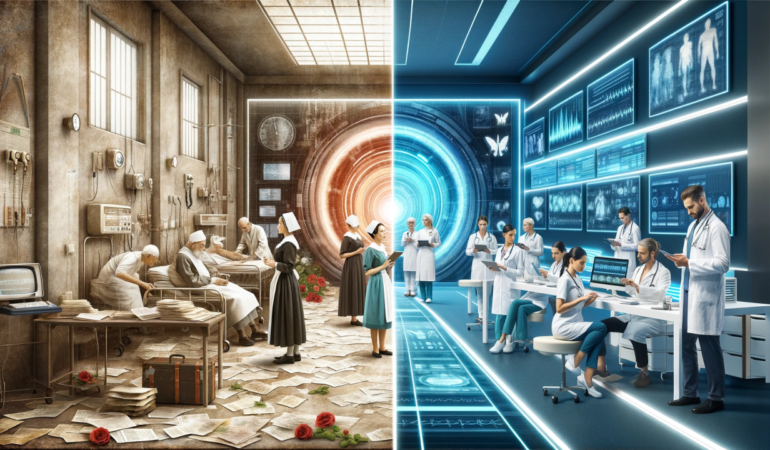

Information Technology (IT) has fundamentally transformed the healthcare landscape, becoming an essential component in how care is delivered and managed. As healthcare evolves to meet the demands of a modern world, IT plays a pivotal role in enhancing patient care, streamlining operations, and improving accessibility. Let’s dive into how IT is making a difference in healthcare today.
Enhancing Patient Care and Safety
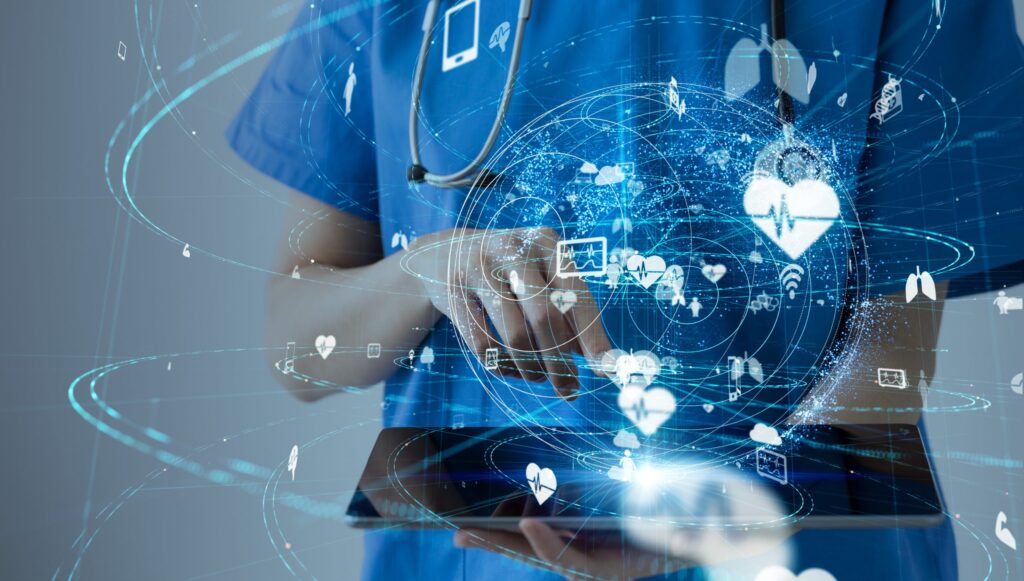
One of the most profound impacts of IT in healthcare is its ability to improve patient care and safety. With the introduction of Electronic Health Records (EHR), healthcare providers can access comprehensive patient information quickly and securely. Imagine a doctor being able to pull up your medical history, allergies, and medications in seconds during an appointment. This immediate access helps ensure that decisions are well-informed, reducing the chances of errors like medication mismanagement.
Moreover, telemedicine platforms have become a game-changer, especially for patients in rural or underserved areas. By allowing remote consultations, these technologies make healthcare more accessible than ever. Patients can connect with specialists without the need for lengthy travel, ensuring they receive timely care. This shift not only enhances convenience but also promotes better health outcomes.
Streamlining Operations for Better Efficiency
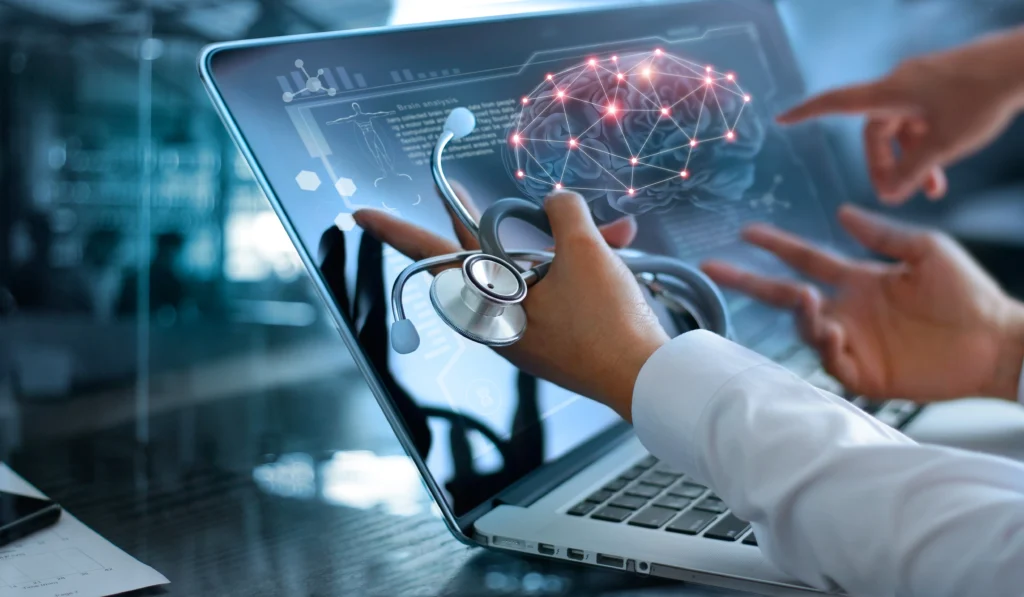
Beyond improving patient care, IT solutions are also crucial for streamlining healthcare operations. Practice management software simplifies the administrative side of healthcare, making scheduling, billing, and patient communication more efficient. This means healthcare staff can focus on what truly matters—providing quality care to patients rather than getting bogged down in paperwork.
Data analytics tools are another significant aspect of IT in healthcare. They empower providers to Analyze patient outcomes, resource utilization, and operational workflows. By harnessing the power of data, healthcare organizations can identify areas for improvement, optimize resource allocation, and enhance overall service delivery. This data-driven approach not only boosts efficiency but also leads to better patient experiences and outcomes.
Fostering Better Communication and Collaboration
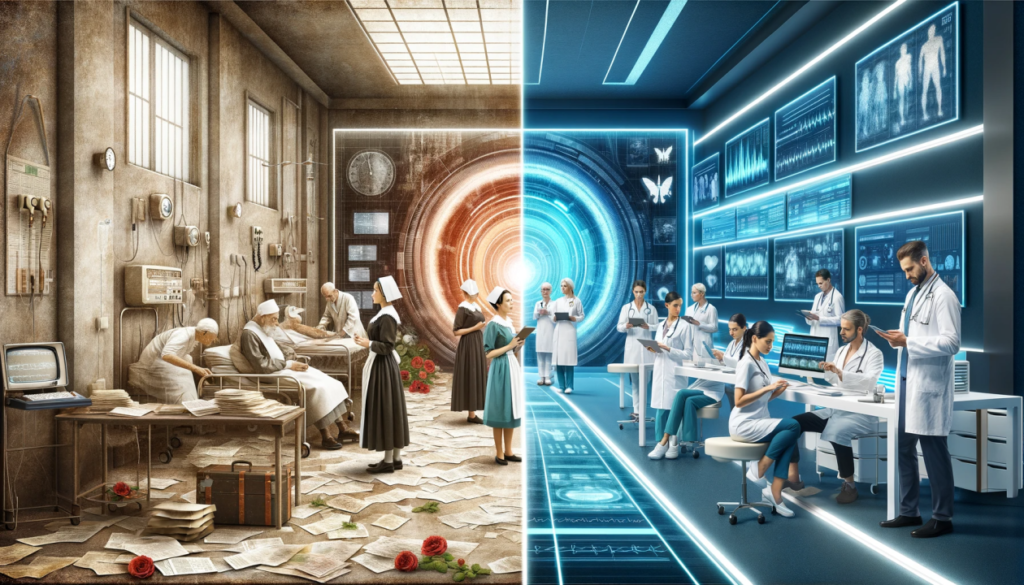
Effective communication is vital in healthcare, and IT facilitates seamless collaboration among medical teams. Secure messaging systems and collaborative platforms enable real-time communication between healthcare professionals. This interconnectedness ensures that everyone involved in a patient’s care is informed and coordinated, leading to quicker decision-making and a more cohesive treatment plan.
For patients, this means fewer delays and a more integrated approach to their care. Imagine visiting your primary care physician and having them quickly consult with a specialist, all while you’re still in the office. This kind of teamwork not only enhances patient satisfaction but also fosters trust in the healthcare system.
The Future of IT in Healthcare
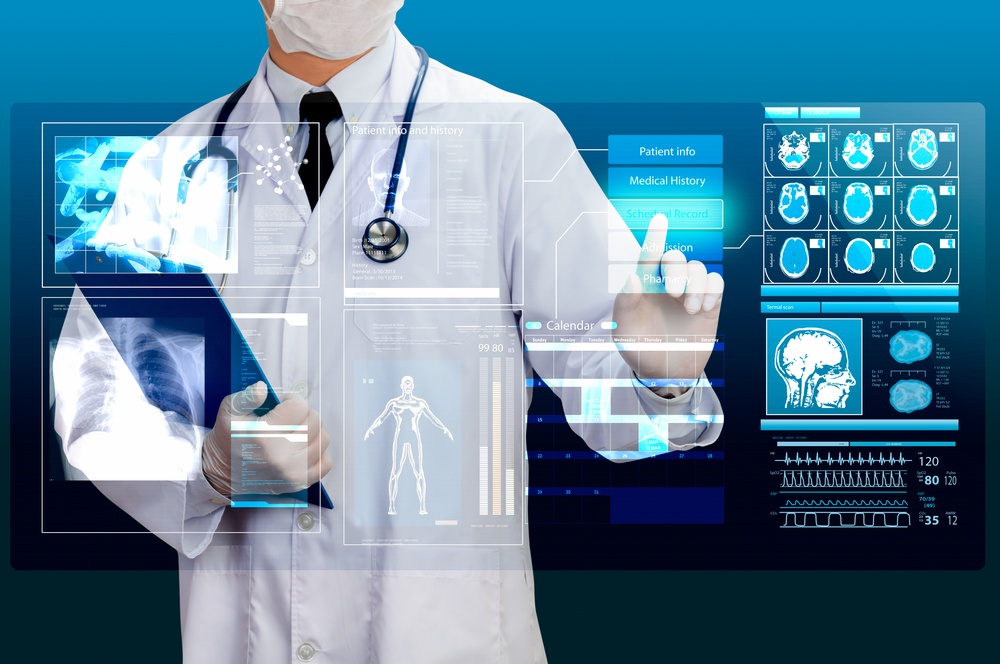
The future of Information Technology in healthcare is set to revolutionize how we deliver and manage patient care. Innovations such as artificial intelligence (AI) and machine learning are paving the way for more personalized treatment plans. By analyzing vast amounts of patient data, these technologies can identify patterns and tailor interventions to individual needs. This shift towards personalized medicine promises not only to enhance treatment effectiveness but also to improve overall patient outcomes.
In addition to personalization, proactive healthcare management will become a cornerstone of future IT solutions. Wearable health devices, like smartwatches and fitness trackers, are already collecting valuable health data. As these devices become integrated with healthcare systems, they will enable real-time monitoring and alert healthcare providers to potential health issues before they escalate. This proactive approach allows for timely interventions, particularly for chronic conditions, ultimately fostering a healthier population.
Cybersecurity will play a critical role as the healthcare sector becomes increasingly digital. With sensitive patient data at stake, robust security measures will be essential to protect against breaches and unauthorized access. The future will see advancements in cybersecurity protocols that ensure the integrity and confidentiality of health information. By focusing on these technological advancements, the healthcare industry can create a safer, more efficient, and patient-centred system that meets the evolving needs of both providers and patients.
Conclusion
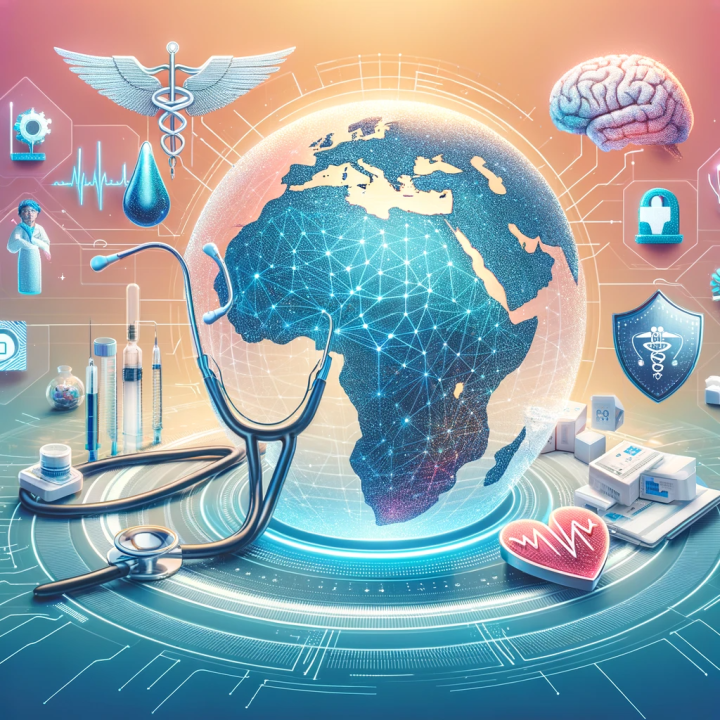
In summary, Information Technology is transforming the healthcare domain by enhancing patient care, streamlining operations, and fostering better communication among healthcare professionals. As the industry embraces digital innovations, investing in robust IT solutions will be crucial in meeting the evolving needs of patients and providers alike. This commitment to leveraging technology not only improves healthcare delivery but also ensures a brighter, healthier future for everyone. By recognizing the importance of IT in healthcare, we can pave the way for more effective, accessible, and patient-centered care.
Leave A Comment